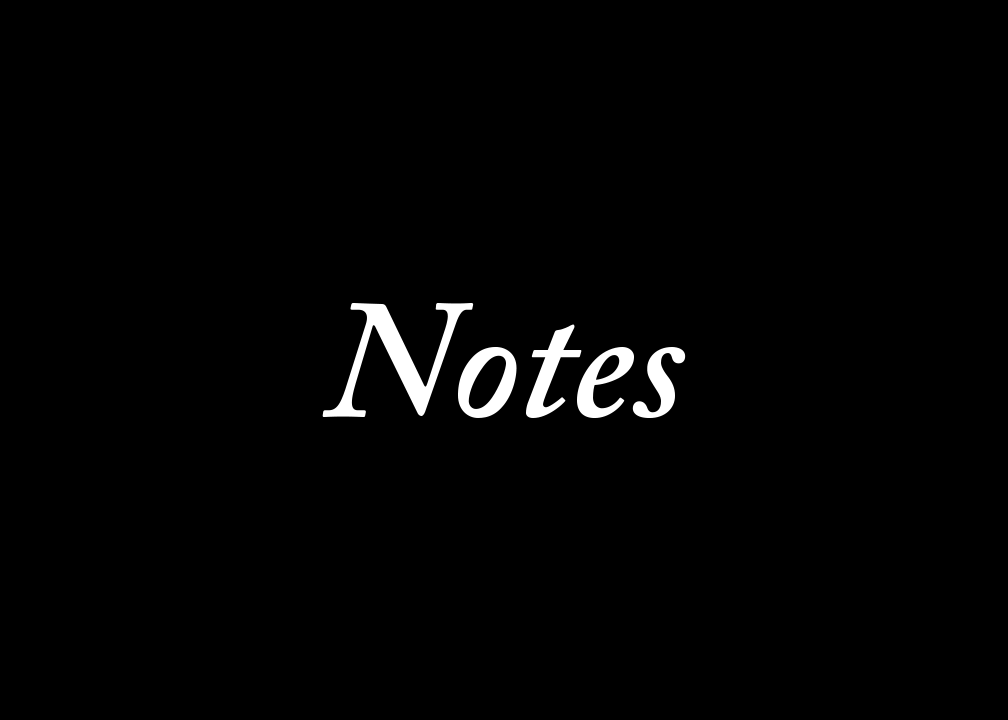Fourth of July and #HittheHood
After shootings in late June that claimed the lives of several children, Mayor Lori Lightfoot dispatched 1,200 additional cops to the streets ahead of the Fourth of July weekend. CPD superintendent David Brown was criticized for saying that cops would arrest kids selling on drug corners by those concerned that it would result in racial profiling and the criminalization of children—not to mention expose them to possible COVID-19 infection in Cook County Jail. But the city also helped the nonprofit My Block, My Hood, My City put $80,000 in small grants in the pockets of community groups and individuals that would keep young people busy through events they dubbed #HittheHood in neighborhoods like Englewood, Back of the Yards, South Shore, and Roseland, and which included a car caravan, marches, block parties, food, DJs, murals, and movies in the parks. Amid a loud weekend of heavy fireworks, however, at least seventy-nine people were shot and fifteen people killed, including two minors.
Utility Bill Relief program
Mayor Lightfoot, who placed a moratorium on water shut-offs when she took office last year, on Monday announced a program in partnership with CEDA of Cook County to reduce water bills and extend debt relief to residents. The Utility Billing Relief (UBR) program is available to low-income property owners and tenants who meet the requirements for CEDA’s Low-Income Home Energy Assistance Program (LIHEAP). Those who enroll could get a fifty percent reduction on their water and sewer bills, not be subject to late payment penalties or debt collection, and be offered debt forgiveness after completing a year with a payment plan without a past-due balance. To ensure the program is available to undocumented immigrants, the UBR does not require documentation of residency in Chicago. To sign up, go to Chicago.gov/ubr or call (312) 744-4426. Additionally, seniors can apply for a sewer exemption and a garbage fee discount on the city website.
Proposal to build thousands of homes on South and West Sides
Nonprofit groups are proposing the mass construction of 2,000 affordable homes, half of which would be on the South Side and half on the West Side. The proponents, who are part of a coalition called United Power for Action and Justice, would ask to get public-owned vacant lots for free from the city’s dollar lots program, an idea that the Department of Housing is entertaining. The plan would be for the new homes to be attainable for existing neighborhood residents. However, there appears to be little community input thus far, aside from the organizations already involved, the Lawndale Christian Health Center and The Resurrection Project, which have a history of real estate development in Black and brown communities.

